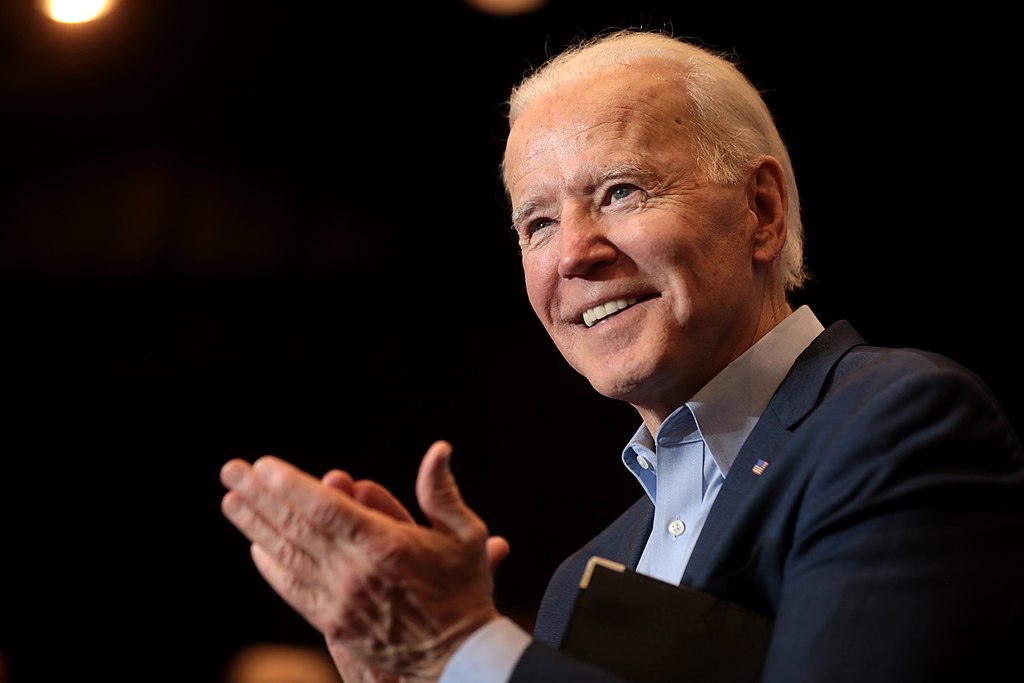Joe Biden's withdrawal from the 2024 presidential race transforms an already historic contest and sends shockwaves through Donald Trump's campaign. The former president, who had focused much of his strategy on challenging Biden's fitness for office, now faces the daunting task of shifting his campaign narrative against an as-yet-undetermined Democratic opponent.
For months, Trump and his allies have capitalized on Biden's perceived weaknesses, highlighting every misstep and verbal gaffe. At the Republican National Convention in Milwaukee, Trump’s running mate, JD Vance, derided Biden, referring to him as "Fake Scranton Joe." With Joe Biden no longer a contender, Trump's campaign must now pivot, preparing to face a different Democratic nominee, possibly Vice President Kamala Harris, whom Biden endorsed as his successor.
Henry Olsen, a senior fellow at the conservative Ethics and Public Policy Center, suggests that Biden's exit could be problematic for Trump. Biden's historically low job approval ratings and concerns about his age made him a vulnerable target. Running against a different candidate, especially without Biden's baggage, may pose a more significant challenge for Trump.
The Trump campaign, which had publicly downplayed the possibility of Biden withdrawing, has been internally preparing for such a scenario. Advisors have been strategizing a robust offensive against Harris should she secure the nomination. Jason Miller, one of Trump’s senior advisors, indicated that their strategy would remain focused on portraying any Democratic nominee as responsible for the current administration's perceived failures.
A former California senator, Harris could face competition from other prominent Democrats, including governors Josh Shapiro, Gretchen Whitmer, and Gavin Newsom. A Harris-led ticket, potentially balanced with a moderate Midwestern running mate, might energize key voter demographics, particularly women, who have historically been a weak point for Trump.
Harris’s candidacy would also ensure that abortion rights, a significant issue for many voters and a potential vulnerability for Republicans, remain at the forefront of the election discourse. Trump has already started targeting Harris, bestowing her with a nickname, "Laffin' Kamala Harris," in an attempt to undermine her credibility.
Despite her advantages, Harris also carries the burden of incumbency, which Trump can exploit by attributing the administration's unpopular policies and crises to her. This includes the ongoing border crisis, which Harris initially led.
As the Democratic Party prepares for its convention in Chicago, it will focus on selecting a candidate who can unify the party and present a formidable challenge to Trump. Governors like Newsom, Whitmer, and Shapiro are viewed as potential strong contenders, each bringing their strengths to the race.
Trump's campaign will likely continue to attack the eventual Democratic nominee by associating them with Biden's presidency, accusing them of complicity in the administration’s shortcomings. As the race progresses, both parties must adapt their strategies to the new political landscape shaped by Biden’s unexpected withdrawal.



 New York Legalizes Medical Aid in Dying for Terminally Ill Patients
New York Legalizes Medical Aid in Dying for Terminally Ill Patients  TrumpRx Website Launches to Offer Discounted Prescription Drugs for Cash-Paying Americans
TrumpRx Website Launches to Offer Discounted Prescription Drugs for Cash-Paying Americans  Trump’s Inflation Claims Clash With Voters’ Cost-of-Living Reality
Trump’s Inflation Claims Clash With Voters’ Cost-of-Living Reality  Ohio Man Indicted for Alleged Threat Against Vice President JD Vance, Faces Additional Federal Charges
Ohio Man Indicted for Alleged Threat Against Vice President JD Vance, Faces Additional Federal Charges  U.S. Announces Additional $6 Million in Humanitarian Aid to Cuba Amid Oil Sanctions and Fuel Shortages
U.S. Announces Additional $6 Million in Humanitarian Aid to Cuba Amid Oil Sanctions and Fuel Shortages  U.S. Lawmakers to Review Unredacted Jeffrey Epstein DOJ Files Starting Monday
U.S. Lawmakers to Review Unredacted Jeffrey Epstein DOJ Files Starting Monday  Trump Signs Executive Order Threatening 25% Tariffs on Countries Trading With Iran
Trump Signs Executive Order Threatening 25% Tariffs on Countries Trading With Iran  Missouri Judge Dismisses Lawsuit Challenging Starbucks’ Diversity and Inclusion Policies
Missouri Judge Dismisses Lawsuit Challenging Starbucks’ Diversity and Inclusion Policies  Japan Election 2026: Sanae Takaichi Poised for Landslide Win Despite Record Snowfall
Japan Election 2026: Sanae Takaichi Poised for Landslide Win Despite Record Snowfall  Trump Allegedly Sought Airport, Penn Station Renaming in Exchange for Hudson River Tunnel Funding
Trump Allegedly Sought Airport, Penn Station Renaming in Exchange for Hudson River Tunnel Funding  Nighttime Shelling Causes Serious Damage in Russia’s Belgorod Region Near Ukraine Border
Nighttime Shelling Causes Serious Damage in Russia’s Belgorod Region Near Ukraine Border  South Korea Assures U.S. on Trade Deal Commitments Amid Tariff Concerns
South Korea Assures U.S. on Trade Deal Commitments Amid Tariff Concerns  Norway Opens Corruption Probe Into Former PM and Nobel Committee Chair Thorbjoern Jagland Over Epstein Links
Norway Opens Corruption Probe Into Former PM and Nobel Committee Chair Thorbjoern Jagland Over Epstein Links  Pentagon Ends Military Education Programs With Harvard University
Pentagon Ends Military Education Programs With Harvard University  US Pushes Ukraine-Russia Peace Talks Before Summer Amid Escalating Attacks
US Pushes Ukraine-Russia Peace Talks Before Summer Amid Escalating Attacks  China Warns US Arms Sales to Taiwan Could Disrupt Trump’s Planned Visit
China Warns US Arms Sales to Taiwan Could Disrupt Trump’s Planned Visit  Trump Endorses Japan’s Sanae Takaichi Ahead of Crucial Election Amid Market and China Tensions
Trump Endorses Japan’s Sanae Takaichi Ahead of Crucial Election Amid Market and China Tensions 































